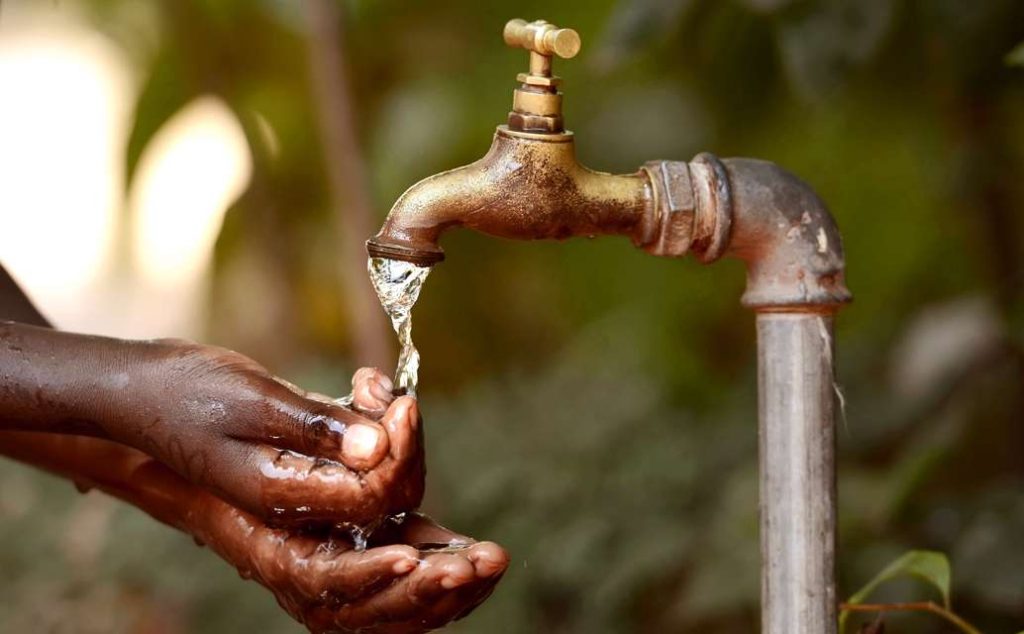The human right to water

When it comes to human rights, many probably imagine “poverty”. The human rights over gender gap is also often reported in media. Human rights, which we often hear about, I will state the affinity with water and human rights.
It is said that we need at least 3-5 litters of water in a day to live. However, since Japan is rich with an abundant supply of water, the recognition of “water=human rights” is presumably poor. (reference: https://jsil.jp/archives/expert/2020-5)
Looking back to the history, the word “water” is not stated in both ICESCR and ICCPR adopted in 1966 including Universal Declaration of Human Rights in 1948.
It was around the 2000s when the protest against privatising water services was happening globally, that water became a human rights problem among practitioners and researchers of international human rights law.
One of the reasons for arguing the human rights to water was that water has started to be globally recognised as a resource.
It can be said that advocating acts such as the destruction of the dam in the Ukrainian war and the obstruction of accessing life water as a violation of human rights in global society are examples of engendering common recognition in consideration of history. Practically, the human rights to water have been on the discussion topic rather than poverty at the UN and World Water Forum when discussing about SDGs.
We need to engender the essence of “water-related social issues” and recognition of “the human right to water” as the country owns rich water resources.


